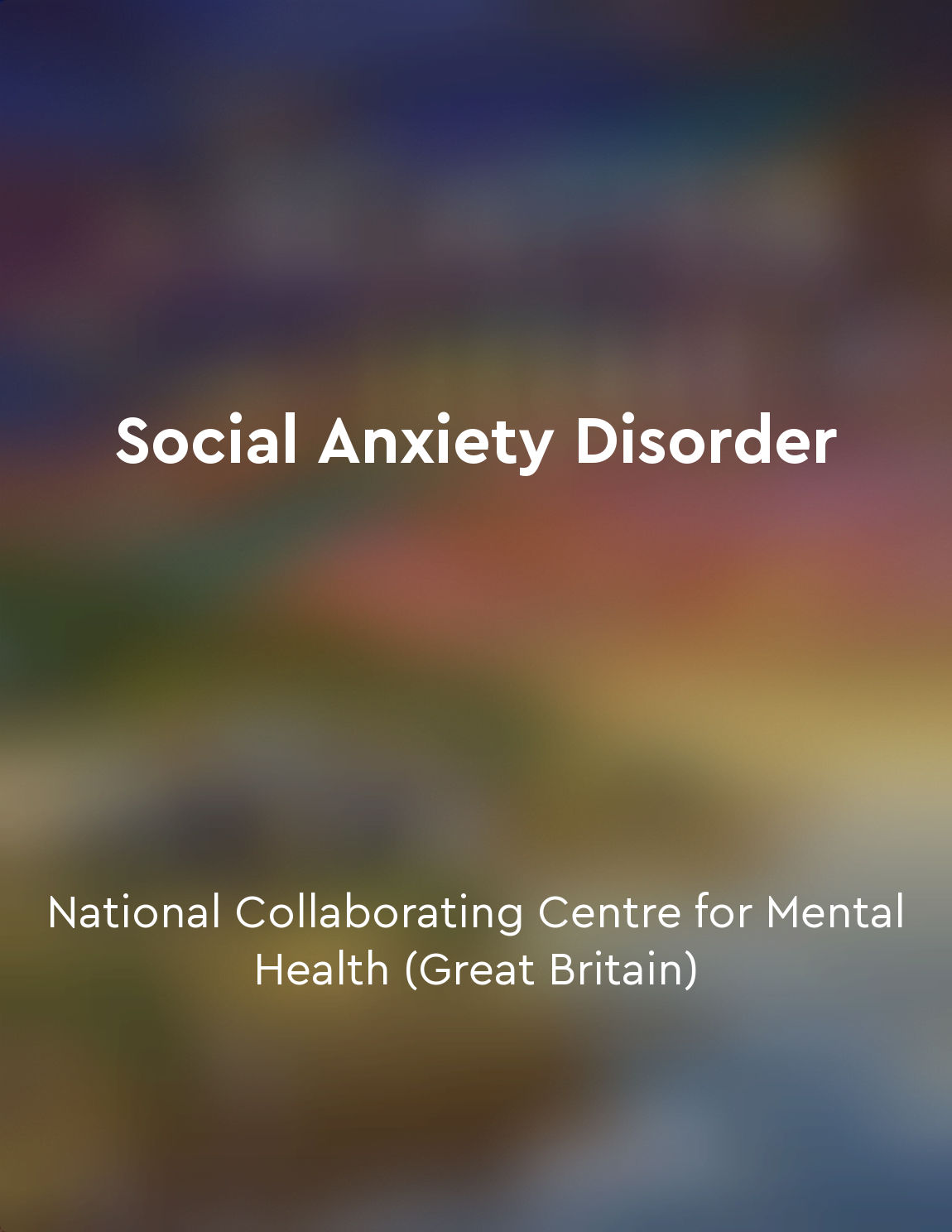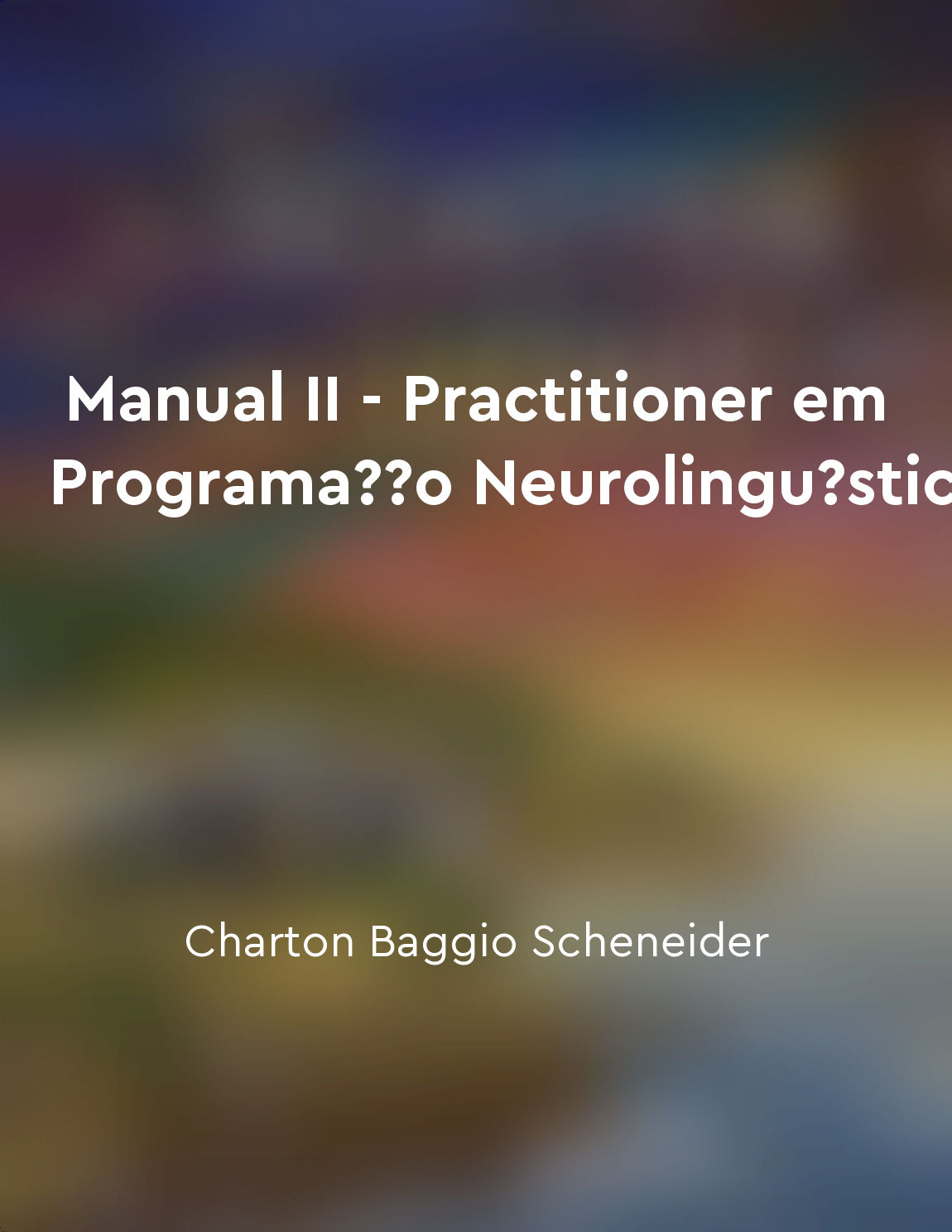Overcome panic attacks with Interoceptive Exposure from "summary" of Feeling Great by David Burns
Interoceptive exposure is a powerful technique that can help you conquer panic attacks. The idea is to intentionally bring on the physical sensations associated with panic in a controlled environment. This exposure may seem terrifying at first, but it's actually an essential step in overcoming your fear. When you deliberately induce panic symptoms through interoceptive exposure, you're essentially teaching your brain that these sensations are not dangerous. By repeatedly exposing yourself to these physical feelings, you can break the cycle of fear and avoidance that fuels panic attacks. During interoceptive exposure, you might engage in activities like spinning in a chair to induce dizziness, breathing through a straw to trigger shortness of breath, or running in place to elevate your heart rate. These activities are designed to mimic the physical sensations you experience during a panic attack. The key to successful interoceptive exposure is to stay in the moment and fully experience the physical sensations without trying to escape or avoid them. This process can be uncomfortable, but it's an essential part of retraining your brain to see these sensations as harmless. Over time, as you continue to confront these physical sensations head-on, you'll start to notice a decrease in the intensity and frequency of your panic attacks. By facing your fears and showing yourself that you can handle these sensations, you'll build confidence in your ability to cope with panic attacks. Interoceptive exposure requires courage and persistence, but the rewards are well worth the effort. By taking control of your physical sensations and facing them head-on, you can break free from the grip of panic attacks and reclaim your life. So, don't be afraid to embrace the discomfort and challenge yourself to overcome panic with interoceptive exposure.Similar Posts
Unconscious mind influences behavior
The concept of the unconscious mind influencing behavior is a fundamental principle in psychoanalysis. According to Freud, our ...
Let go of negative beliefs that hold you back
Negative beliefs can be like heavy chains that weigh us down and prevent us from moving forward in life. These beliefs are ofte...
Challenge societal norms
Challenging societal norms means standing up to the status quo and refusing to accept things as they are just because that's ho...

Avoiding avoidance is an important aspect of treating social anxiety disorder
To effectively address social anxiety disorder, it is crucial to confront avoidance behaviors head-on. In the treatment of this...

Understanding the power of language
The power of language is a fundamental concept in the field of Neuro-Linguistic Programming (NLP). Language is not just a tool ...
Cultivate play and rest
When we think of the concept of play, we often associate it with children running around, laughing, and having fun. However, th...
Education must adapt
The modern world is changing rapidly, and education must keep pace. Traditional education systems were designed for a different...
Trauma can affect people in different ways
When we experience trauma, our bodies and minds can react in a variety of ways. Some people may feel overwhelmed by emotions, w...
Empathy allows us to connect deeply with others and foster compassion
Empathy is a powerful force that can help us to forge deep connections with others. When we are able to empathize with someone,...
Build confidence and selfesteem
Building confidence and self-esteem is a critical component of overall mental well-being. When individuals feel positive about ...

